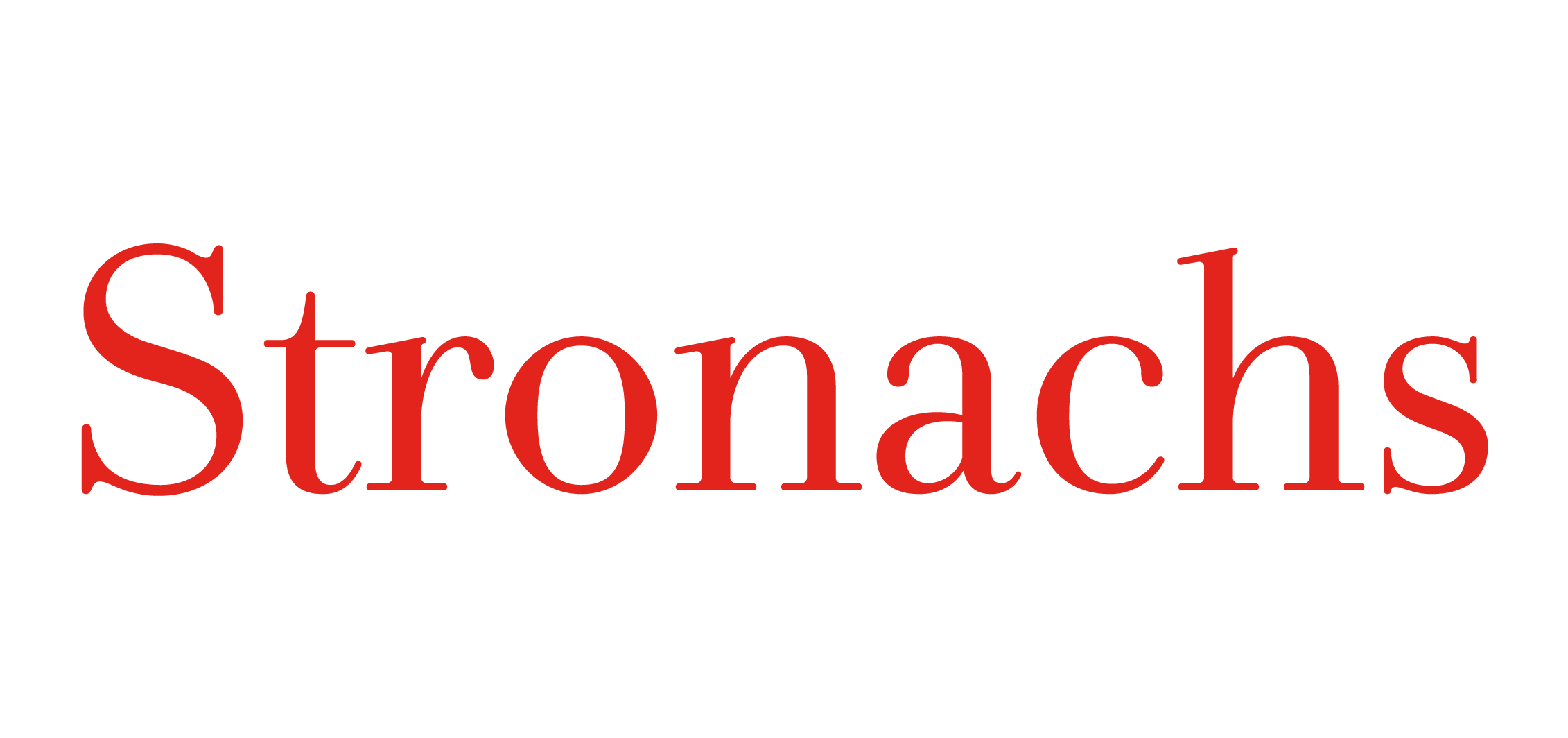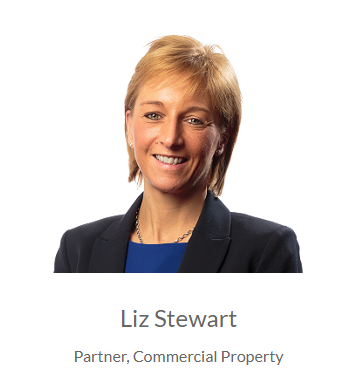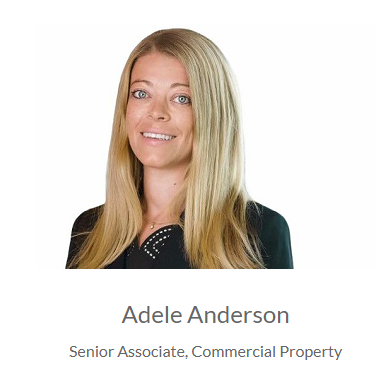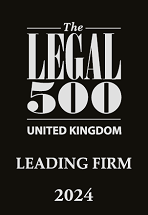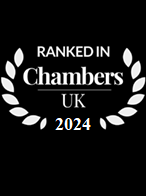Time to green your lease

With the UK housing stock being one of the oldest in the world and the real estate market contributing a considerable percentage to carbon emissions globally, the Scottish Government has joined forces with other governments around the world in setting legislative targets for Scotland – 75% reduction in national greenhouse gases by 2030 and a net zero target by 2045. As a result, green leases are expected to become more prevalent in the near future as we face this challenge and strive to decarbonise, become greener and reduce carbon emissions across the globe.
What is a green lease?
A green lease is a type of lease with additional clauses that provide for the management and improvement of environmental and social performance of a building by both owner and occupier. The clauses can vary in severity from light green to dark green. Light green clauses are not legally binding and extend to improving energy efficiency only. Dark green clauses are stringent, legally binding, require a sufficient level of commitment from both landlords and occupiers and cover more issues.
The clauses should be discussed from as early as possible in the leasing process (such as heads of terms stage) or alternatively during the term of the lease or at lease expiry when considering tenant fitout and dilapidations to see whether the life of the fitout can be recycled. Heads of terms can be agreed during the lease to make the lease ‘greener’ by way of a lease variation and cover matters such as how any improvements would be viewed at any applicable rent review.
When considering the environmental impact of a property, the building’s energy efficiency rating is one of the main factors. However, that is not the only factor affecting a building’s sustainability.
Other factors would include:
– energy and water conservation
– using renewable energy such as installing solar panels on roof and charging points for electric fleet or company cars
– waste generation and management
– environmentally friendly travel to and from the property
– materials used in the fitout, refurbishments, property alterations
– recycling fitouts at end of lease term, especially for short leases
Changes afoot
In Scotland, it’s common to hear of Energy Performance Certificates, AEP Regulations and Actions Plans to improve energy performance of a building under the Energy Performance of Buildings (Scotland) Regulations 2008 and Assessment of Energy Performance of Non-domestic Buildings (Scotland) Regulations 2016.
Furthermore, for some time, the Property Standardisation Group in Scotland has been recommending that sustainability provisions be incorporated in commercial leases, requiring the parties of a lease to collaborate in making, keeping and maintaining the energy sustainability of the premises.
This is a good starting point for the parties involved but to keep up with net zero targets, property investors and occupiers are being encouraged to educate themselves on the issue and look at their sites and portfolios against the green lease scale, asking whether they have budget on both sides to increase that level of green.
Why green leases?
While there is no requirement in the UK to enter into a green lease, there is legislation that imposes certain energy efficiency obligations.
Green lease provisions not only aim to support collaboration between landlords and occupiers to improve environmental performance and manage compliance with legislation, but they also support a larger issue at hand – climate change and reaching net zero targets.
There are a number of reasons landlords and tenants may want to ‘go green’. These include:
– to move to cleaner, renewable energy, saving costs in the long term
– to comply with statutory requirements and government net zero targets
– to meet Corporate Social Responsibility (CSR) policies and/or Environmental Social Governance (ESG) criteria
Being more ethical through benchmarking against industry standards or other organisations will improve reputation, incentivise green investment in the right places, improve cost savings, build life or tenant fitout life cycle and improve working relationships by creating a strong foundation for more meaningful owner-occupier engagement on sustainability issues and increase the attractiveness of the building to occupiers.
Landlords of energy inefficient properties must think ahead about how and when to upgrade the property, and where the cost of an upgrade should fall. As it was identified by the government there is a split incentive where energy efficiency is concerned and a world of opportunity for various businesses to provide services to support net zero targets and upgrade properties.
Budget for green capital?
The issue of improving the energy efficiency may have to be resolved by negotiation and collaboration. Green leases provide a framework for such negotiation and collaboration and act as a practical and powerful tool for owners and occupiers. With pressure for each industry to meet targets and comply with legislation and large corporates now having to report climate change financials in their annual returns, perhaps it’s time to set aside green capital in each year’s budget.
How we can help
Should you require any assistance reviewing leases for sustainability purposes, environmental, social and corporate governance (ESG) or would like to play your part in reaching net zero targets, please get in touch.
For more information, please contact us to set-up a discovery call to discuss your aims, budget and next steps. This can include reviewing your leases, energy efficiency or other resourceful information on the building or property portfolio with a view to drawing up heads of terms and incorporating green lease provisions into your lease, style lease or portfolio of leases.
T: 01224 845 859
M: 07587 034 705
E: liz.stewart@stronachs.com
T: 01224 855 834
M: 07879 522 545
E: adele.anderson@stronachs.com
